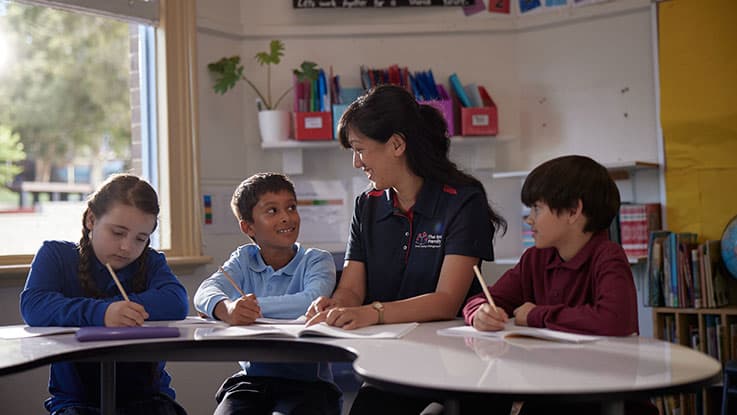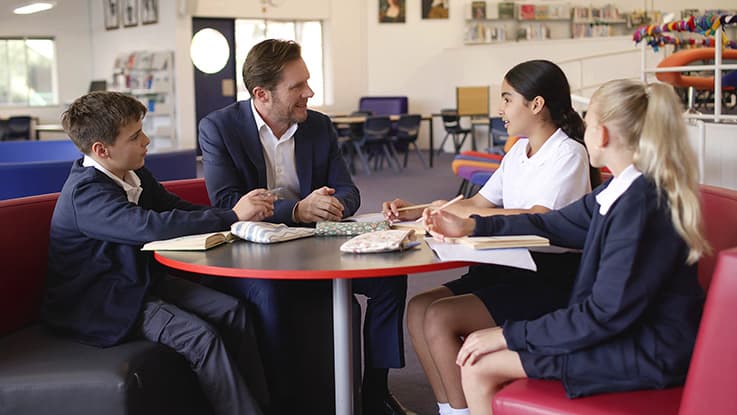What is school refusal?
Like adults, sometimes young people might not feel like attending school. This is normal.
But in some cases, your child might get extremely scared or upset at the idea of going to school and refuse to go. When this happens, it's called "school refusal".
It's important to know that school refusal is not the same as skipping school on purpose (that's called truancy). Usually, you know they are struggling with school, but you can't make them go despite your best efforts.
If your child experiences the following, it may indicate school refusal:
- Beg or plead not to go to school
- Get sick a lot or feel anxious about going to school
- Cry, get angry, or throw fits when it's time to go to school
- Show up late or leave early
- Difficulty falling asleep the night before school.
School refusal can be an issue for primary and secondary children.
There can be many reasons your child doesn't want to go to school. Kids might refuse to go to school because they're:
- Scared or worried
- Being bullied
- Having trouble with their schoolwork
- Starting a new school
- Dealing with problems at home
- Having problems with a teacher
- Getting poor school results
School refusal might start gradually or happen suddenly.
The good news is that there are ways to help your child with school refusal. With the right strategies and support, things can improve for them.
Here are some tips to help you support your child to return to school.
We are here for you!

Your Family Partnership Coordinator is here to support you.
They can help with challenges that may be impacting your child's attendance.
If you need support, contact your Family Partnership Coordinator. Their contact details can be found in My Smith Family. They are here to help you through each stage of your child's school journey!
End of article



